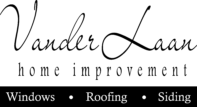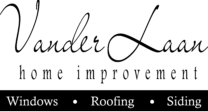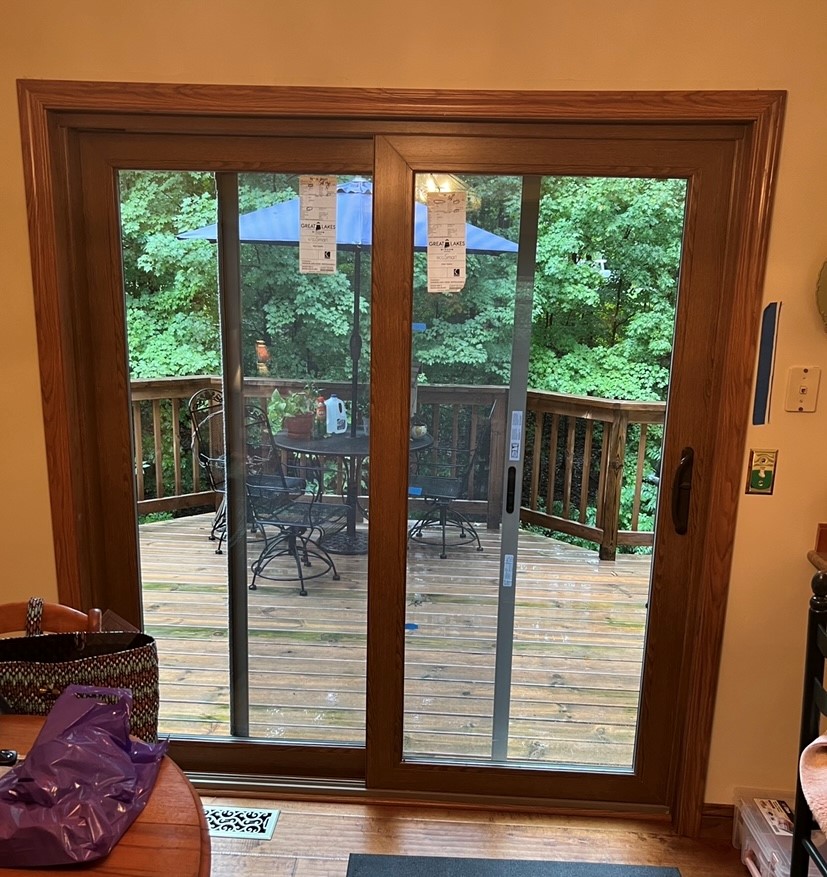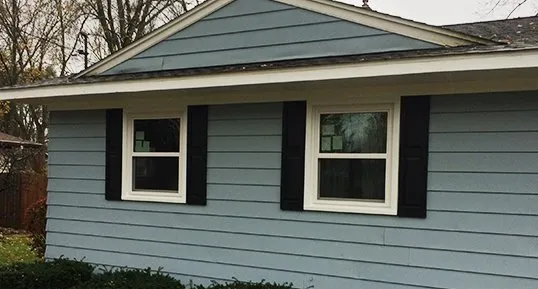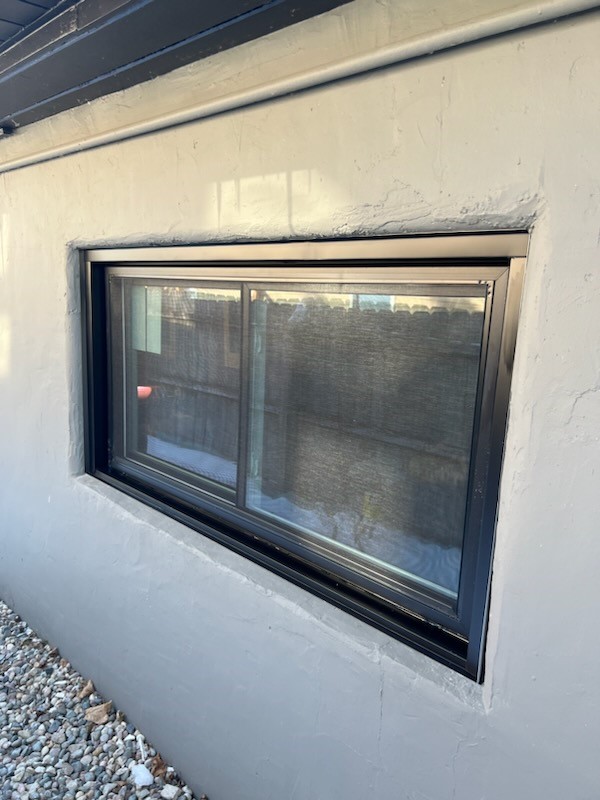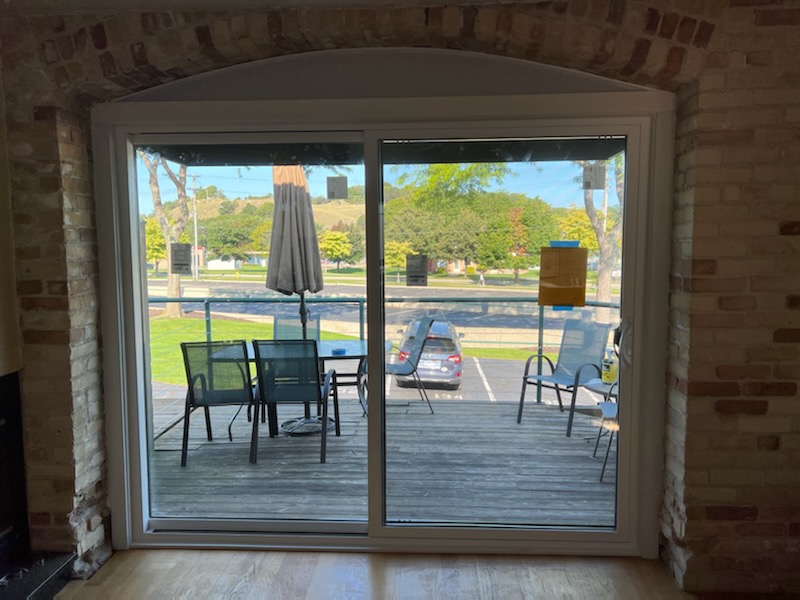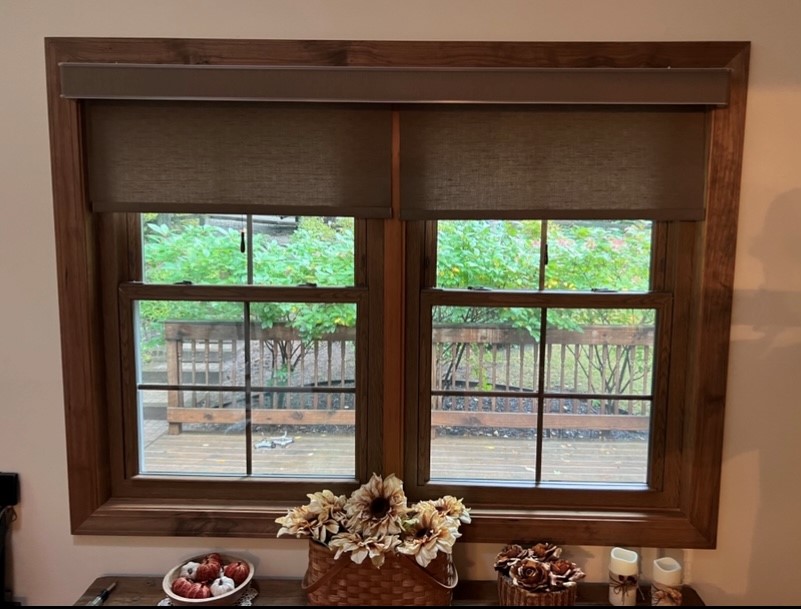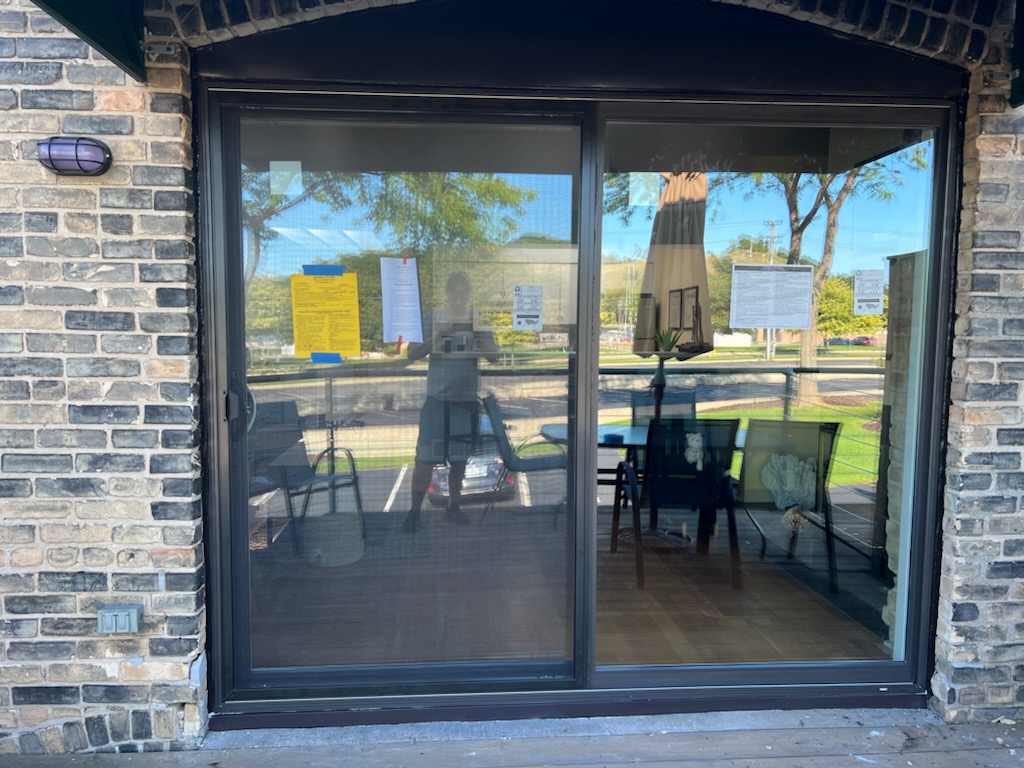Q&A Windows
VANDERLAAN
Common Questions When Purchasing Windows
Why Triple Pane Glass Outperforms Double Pane in Windows
Triple pane glass stands superior to double pane glass in windows for various reasons:
- Improved Insulation: The extra layer of glass and additional insulating space in triple pane windows drastically enhances thermal performance. This reduces heat transfer between indoors and outdoors, ensuring a more consistent indoor temperature and lowering energy consumption for heating or cooling.
- Enhanced Sound Insulation: With an additional layer and airspace, triple pane windows offer superior sound insulation compared to double pane windows. Particularly beneficial in noisy environments, they effectively block external noise, fostering a quieter indoor setting.
- Reduced Condensation: Triple pane windows exhibit superior resistance to condensation. The added layers and insulation minimize temperature differences between indoor and outdoor surfaces, reducing the likelihood of condensation during cold weather.
- Increased Security: The additional glass layers in triple pane windows enhance security by making it more challenging for potential intruders to break in, bolstering the overall building security.
- UV Protection: Some triple pane windows boast specialized coatings that block a larger portion of harmful UV rays. This shields furnishings, carpets, and interiors from fading and damage due to prolonged exposure to ultraviolet light.
- Energy Efficiency: Enhanced insulation in triple pane windows significantly contributes to heightened energy efficiency. They curtail heat loss in colder months and reduce heat gain in warmer seasons, leading to lower energy bills and reduced environmental impact.
- Longevity and Durability: The additional glass layer and improved construction contribute to the longevity and durability of triple pane windows. They potentially offer longer lifespans compared to double pane windows.
While triple pane windows offer multiple benefits, they generally come at a higher cost due to extra materials and manufacturing processes. Choosing between triple and double pane windows should consider factors like climate, budget, energy efficiency goals, and specific insulation or soundproofing needs.
Super Spacer
The Super Spacer stands out as a specialized insulating glass spacer for windows, offering distinctive advantages:
- Enhanced Insulation: Crafted from non-metallic materials, the Super Spacer curbs heat transfer between windowpanes, bolstering a building's energy efficiency.
- Reduced Condensation: Its unique composition fosters consistent glass surface temperatures, curbing condensation. Particularly valuable in cold climates and high-humidity settings.
- Durability: Designed with flexible, durable materials, the Super Spacer withstands structural movement, allowing glass expansion and contraction, potentially extending the window unit's lifespan.
- Enhanced Comfort: By regulating nearby temperatures, the Super Spacer eradicates cold spots and drafts, enhancing indoor comfort compared to conventional spacers.
- Noise Reduction: Material characteristics dampen sound transmission, offering superior noise reduction compared to standard spacers, fostering a quieter indoor environment, ideal for urban or noisy settings.
- UV Resistance: Some Super Spacer designs incorporate UV-resistant features, minimizing harmful UV rays' penetration through windows, safeguarding interior materials from fading or damage.
- Environmental Impact: With its energy-saving attributes, the Super Spacer aids in reducing a building's carbon footprint by curbing energy consumption for heating and cooling.
These combined benefits position the Super Spacer as a favored choice among homeowners and builders, catering to their needs for heightened energy efficiency, endurance, comfort, and overall window performance.
U-Factor in Windows Explained
The U-factor is a critical measure of a window's insulation efficiency. It indicates how well a window prevents heat from escaping. Simply put, the lower the U-factor, the better the window insulates.
Key Points:
- Insulation Performance: The U-factor quantifies a window's ability to retain indoor heat during colder seasons and block external heat during warmer periods.
- Numerical Representation: U-factor values typically range from 0.15 to 1.20. Lower U-factor numbers signify better insulation, indicating less heat loss.
- Consideration for Climate: In colder climates, prioritizing windows with lower U-factors helps conserve indoor heat, reducing heating costs. Conversely, in warmer regions, selecting windows with a balanced U-factor aids in minimizing cooling expenses.
- Regulatory Standards: Building codes often stipulate maximum U-factor requirements, ensuring energy-efficient construction practices.
Understanding the U-factor empowers homeowners to make informed decisions when choosing windows, prioritizing energy efficiency and cost savings. By integrating this explanation of the U-factor in windows, individuals can navigate window options effectively, optimizing energy efficiency in their homes.
Understanding Solar Heat Gain Coefficient (SHGC) in Windows
The Solar Heat Gain Coefficient (SHGC) is a pivotal metric that measures how much solar radiation passes through a window. It quantifies the window's ability to block heat from sunlight. A lower SHGC signifies reduced heat transmission, particularly crucial in warmer climates.
Key Points:
- Solar Radiation Control: SHGC helps assess a window's capacity to manage solar heat. Lower SHGC values mean less solar heat entering the home, aiding in maintaining cooler indoor temperatures.
- Numerical Representation: SHGC values range from 0 to 1. Lower SHGC ratings indicate better solar heat control, ideal for regions with intense sunlight.
- Energy Efficiency Considerations: In warmer climates, opting for windows with lower SHGC values helps minimize air conditioning usage and cooling expenses. Conversely, in colder areas, higher SHGC windows can assist in passive solar heating during winters.
- Regulatory Compliance: SHGC values may be regulated by building codes, ensuring energy-efficient construction practices and adherence to regional climate considerations.
Understanding the SHGC empowers homeowners to make informed choices, balancing energy efficiency and climate needs when selecting windows. With this grasp of the Solar Heat Gain Coefficient, individuals can confidently select windows that optimize energy efficiency and comfort in their homes.
Why Vinyl Windows
Vinyl windows often outperform wood or fiberglass windows due to several factors, making them a popular choice for many homeowners:
- Durability: Vinyl windows are highly durable and resistant to rot, corrosion, and insect damage, unlike wood. They don't warp, peel, or corrode as wood or metal frames might over time.
- Low Maintenance: They require minimal upkeep. Unlike wood, vinyl doesn't need painting or staining. Regular cleaning is typically all that's needed to maintain their appearance.
- Energy Efficiency: Vinyl windows offer excellent insulation, reducing energy transfer and helping maintain consistent indoor temperatures. They often come with features like multi-pane glass and insulated frames that enhance their energy efficiency.
- Affordability: Vinyl windows are often more cost-effective than wood or fiberglass options, making them a budget-friendly choice for many homeowners without compromising quality.
- Variety and Styles: They come in various styles, colors, and finishes, providing versatility in design options to match different architectural styles and preferences.
- Weather Resistance: Vinyl is resilient against weather elements, making it suitable for various climates without deteriorating or requiring extensive maintenance.
- Longevity: High-quality vinyl windows can have a long lifespan, especially when properly installed and maintained, rivaling or exceeding the durability of wood or fiberglass.
Condensation Questions
Window condensation occurs when warm, moist indoor air meets cooler window surfaces, causing moisture to convert into droplets. This happens with both interior and exterior condensation.
Interior Condensation: During cold weather, warm indoor air containing moisture comes into contact with cooler windowpanes, leading to condensation. High humidity levels indoors can exacerbate this issue.
Exterior Condensation: When outdoor temperatures drop, the glass surface of windows becomes cooler than the surrounding air's dew point, causing moisture from the air to condense on the exterior window surface.
Effective replacement windows designed with better insulation and thermal properties can mitigate condensation issues. Opt for energy-efficient windows that minimize heat transfer and choose materials that reduce temperature variations. Additionally, maintaining ideal indoor humidity levels, enhancing ventilation, and addressing any gaps around windows can significantly reduce condensation.
When seeking replacement windows to curb condensation problems, prioritize options designed to manage moisture and temperature differentials effectively. Regular maintenance and optimizing indoor humidity levels will aid in minimizing condensation on replacement windows.
Our Window Replacement Services Include:
Includes
- Vinyl window replacement
- Wood replacement
- Fiberglass window
Top Brands We Trust
- Alside
- Windsor
- Marvin
- Great Lakes by Plygem
Installing A Wide Variety Of Windows
- Double-hung windows
- Sliding windows
- Picture windows
- Casement windows
- Bow windows
- Bay windows
- Garden windows
Rest assured knowing that we install energy-efficient ENERGY STAR windows.
